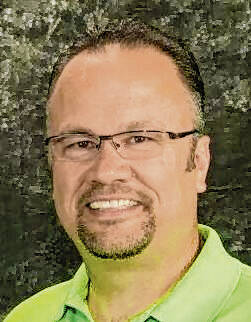
Steve Greene
Reconciliation requires personal effort and personal intentionality.
By learning how to handle the relational challenges that come our way in life, we are making a significant investment in the future of our family of other important relationships. This investment can make a difference not only now but for generations to come. If you have navigated relational challenges successfully, and even if you have tried and failed in some instances, I think it is a good idea to share these stories with your family and others close. Allow them to benefit from the things you have learned.
So much is at stake. I hope you will consider the incredible difference this could make in the life of your family today. Share your personal experiences — the good, the bad and even the ugly. Let them know what worked and what didn’t when it came to repairing relationships that were strained or broken. Allow others an opportunity to learn, not only from your successes but even from your mistakes.
Looking back on my own life, I would have to take personal responsibility for certain situations that had evolved, or better said, deteriorated in my family. To be honest, I have been the one who was a fault in more relationships than I care to admit. I was the one with a log in my eye. For there to be a change in the relationship, there needed to be a change in me.
You may find yourself in a similar situation. That is why I encourage you to keep your heart open before the holy spirit. He can reveal things in our lives that we would never see on our own. Reconciliation often begins with a personal pronoun — “I.”
This was one of the first lessons we tried to teach our kids. It is a lesson on humility. We would have the kids apologize to each other and say they were sorry for hurting one another. They would often try to get by with saying just one word — “Sorry.” We would say, “No! You need to say I am sorry.” Their apology needed to be personalized. And it is not, “I am sorry your feelings got hurt by what I said” but “I am sorry for what I said or did.”
What would it look like for you to admit what you have done to damage an important relationship in your life? And what would it mean for you to do what you can to fix it? Do you need to tell someone you are sorry?
This is not about what they said or what they did. It is not about them being sorry. It is about you and me taking personal responsibility and owning what we need to own.
Steve Greene is the lead pastor at The Point in Seymour. Email him at [email protected]. His weekly blog can be found at pastorgreene.wordpress.com. Send comments to [email protected].
